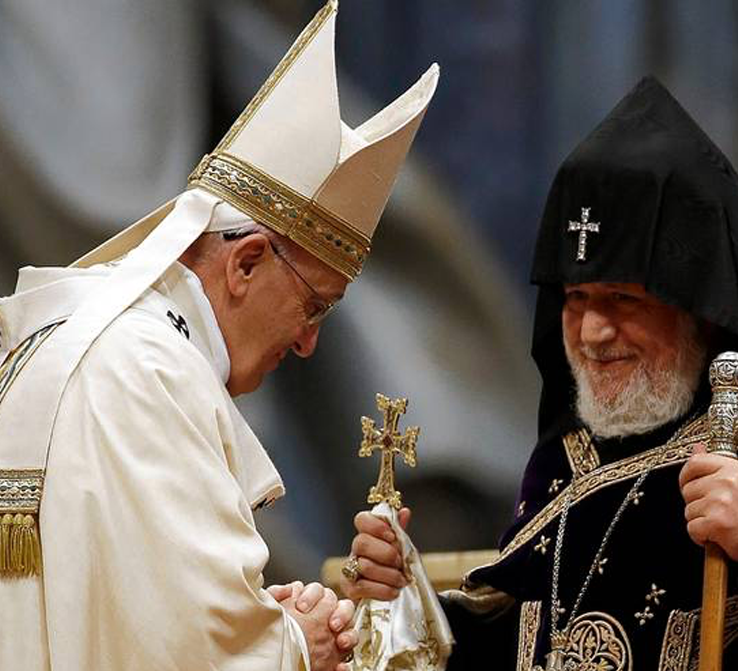Mr. Speaker, over the past several weeks, Uzbek authorities have increased the harassment and suppression of religious groups viewed as a threat to the government’s control of society. Uzbek authorities have systematically sought to stifle all aspects of religious life, including Muslim and Christian. It is currently believed that nearly 7,000 individuals are jailed for alleged crimes related to their religious affiliation or beliefs. Human rights organizations estimate that during the past year Uzbek courts convicted roughly 30 people a week under trumped-up charges.
Unfortunately, the list keeps growing. At the end of May, police arrested Yuldash Rasulov, a well-known human rights defender and devout Muslim. Rasulov’s work through the Human Rights Society of Uzbekistan focused on government actions against Muslims choosing to worship outside the government-approved religious system. According to Human Rights Watch, officials charged Rasulov with “religious extremism,” claiming he recruited Islamic militants to work toward overthrowing the state. Notably, a search of his home reportedly found nothing of an incriminating nature. Since being arrested, Rasulov has been held in incommunicado detention.
Authorities also targeted Musharaf Usamnova, the widow of a prominent Muslim activist Farhod Usmanov. Her husband was reportedly murdered in an isolation cell while in government custody in 1999. Uzbek officials arrested Musharaf in April, bringing over 50 men to ensure her capture, and her situation is unknown at this time. Soon thereafter, the government arrested several other women who were protesting the long prison sentences given to relatives and Muslim activists. The court sentenced these women to jail terms, some up to four years.
Adding to the concern about the treatment of these individuals is the rampant torture throughout the Uzbek “justice” system. Once in custody, many are savagely tortured and beaten in hopes of securing self-incriminating statements or evidence against other suspects. To ensure convictions, police authorities plant evidence on innocent individuals, such as weapons, drugs or banned religious propaganda. Judges hand out harsh prison sentences, despite claims of pervasive torture. Furthermore, prison conditions are abominable, infested with disease and pestilence. Individuals imprisoned on religious offenses are reportedly treated extraordinarily harsh; persons wishing to pray are subjected to further beatings and harassment. Incommunicado detention and disappearances of individuals also occur.
Also of serious concern are the extrajudicial executions that transpired over the past year. Human rights organizations reported on the deaths of five individuals while in police custody. Despite some Uzbek Government reports listing the cause of death as “heart attack” or “brain tumor,” the open wounds, broken bones and multiple bruises on the corpses tell a very different story. Clearly, there is much cause to worry about the safety of all individuals in prison.
Besides physical arrests, the legal regime governing religious groups is designed to repress religious activity. Through these laws and regulations, the government places religious groups in an untenable situation. The government seems to allow approved mosques to operate and permits Christian communities to exist in relative peace (if they do not attempt to proselytize indigenous groups not traditionally Christian). Otherwise, for other religious groups, obtaining official recognition is nearly impossible, and the real threat of government repression looms large.
The 1998 Freedom of Conscience and Religious Organizations law instituted registration requirements designed to make achieving official recognition next to impossible. The 1999 amendments to the criminal code increased the importance of registration, as individuals attending an unregistered group are potentially subject to three to five years imprisonment for belonging to an “illegal” group. Individuals caught attending meetings of “banned” religious communities risk up to 20 years imprisonment. Uzbek courts frequently hand down lengthy prison sentences for alleged participation in illegal or banned groups. In addition, the religion law bans religious free speech and private religious instruction, and only permits government approved clerics to wear religious dress.
In recent weeks, Uzbek authorities appear more willing to use these provisions to repress unwanted groups and silence dissent.
Most recently, on May 25th, Uzbek officials raided the Mir Protestant Church in the Karakalpakstan region in western Uzbekistan. The raid, justified because the church is unregistered, interrupted a service and recorded the names of individuals representing local nationalities, such as Kazakhs and Uzbeks. Authorities ordered individuals of those ethnic groups to appear in court to explain their participation. While the court did not impose a fine, in a similar case in the same region, a court did fine four members of the New Life Church for violating the law on religious organizations.
Similarly, due to an inability to register, the small Christian community in Muinak has been denied permission to meet. According to Keston News Service, church members are now forced to meet in secret. Furthermore, the leaders of the Jehovah’s Witnesses in the town of Bukhara could be sentenced to five years in jail for leading an “illegal” religious service, as their community is unregistered. In addition, in May a Tashkent court found a Jehovah’s Witness guilty and fined him for illegal religious teaching when he was caught praying at a friend’s funeral.
Even more alarming was the request by the Uzbek Committee for Religious Affairs that Protestant groups stop preaching the Uzbek language, the country’s official language.
Mr. Speaker, the overall situation for religious freedom, and human rights generally, in Uzbekistan is bleak. Despite US involvement in the region, the recent increase of government efforts to suppress unrecognized religious groups is deeply troubling. Consequently, I urge the Uzbek Government to honor its commitments as a participating State in the Organization for Security and Cooperation in Europe






